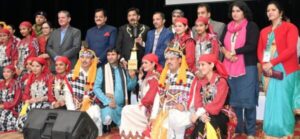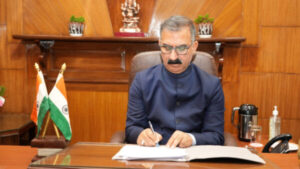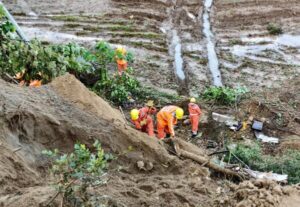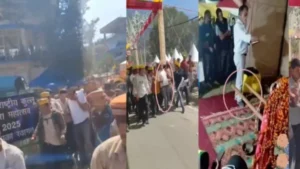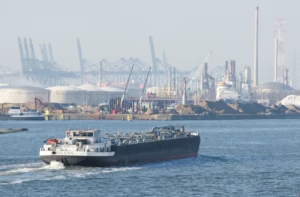Moldovans Vote in Pivotal Parliamentary Elections
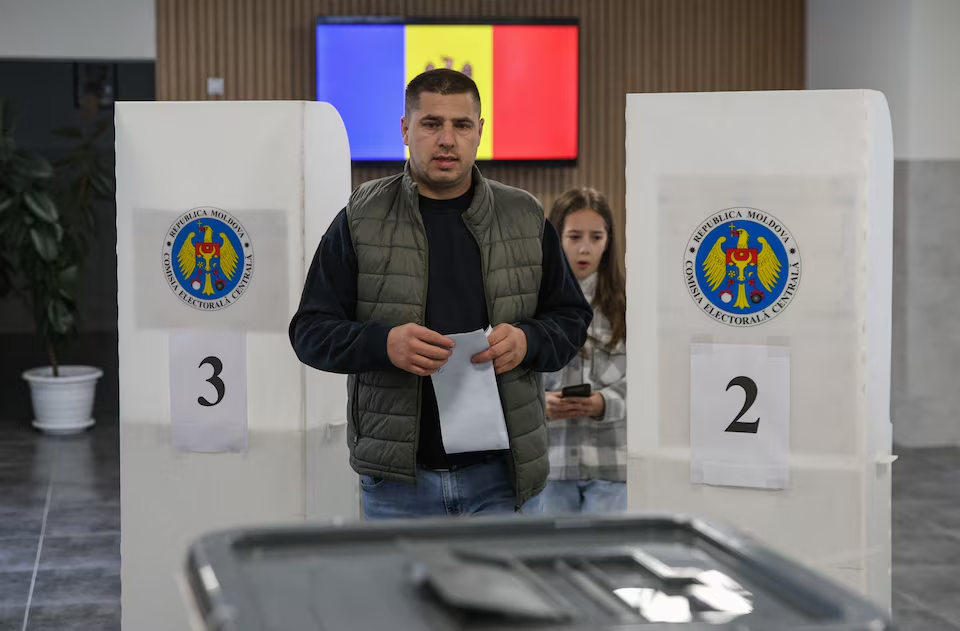
A voter holds his ballot at a polling station during Moldova’s parliamentary elections in Chisinau, Moldova September 28, 2025. REUTERS
Moldovans went to the polls on Sunday in parliamentary elections that could shape the country’s path toward joining the European Union, as a popular pro-Russian bloc seeks to steer the small nation away from closer ties with Brussels.
If no party secures a majority in the 101-seat legislature, political bargaining is likely to follow, deepening instability in one of Europe’s poorest countries. Moldova is already grappling with the war in neighboring Ukraine and what officials describe as Russia’s shadowy influence in its politics and religious life.
For the pro-EU government, control of parliament is critical to advancing long-term reforms. But power in the former Soviet republic has long swung between pro-European and pro-Russian forces. Roughly one-third of the country—Transnistria, east of the Dniester River—remains under the control of a separatist pro-Russian administration, which also hosts a small Russian military presence.
Government Warns of Russian Interference
President Maia Sandu has called the vote a test of survival for the nation of 2.4 million, which shares close cultural and linguistic ties with neighboring Romania. She warned of a large-scale Russian campaign to sway voters, calling it a direct threat.
“If Russia gains control of Moldova, the consequences will be immediate and dangerous for our country and the region as a whole,” Sandu said in an address last Monday.
Polls suggest her Party of Action and Solidarity (PAS) may struggle to retain its majority. Opposition forces such as the pro-Russian Patriotic Bloc have capitalized on public frustration over economic turmoil and slow reforms, while widespread misinformation—authorities say much of it backed by Moscow—has added to voter unease.
In recent weeks, authorities carried out hundreds of raids targeting alleged Russian-linked networks accused of trying to disrupt the vote, as well as illicit party financing. On Friday, the electoral commission barred Heart of Moldova, a member of the Patriotic Bloc, over suspected illegal funding. Moscow has denied any interference, accusing the PAS-led government of fueling anti-Russian hysteria to shore up support.
Sandu and PAS have framed European integration as key to Moldova’s future and its escape from Moscow’s Soviet-era dominance. But many voters remain focused on domestic concerns, questioning what closer ties with the EU would mean for the country’s largely agricultural economy and already stark regional inequalities.
Skepticism Among Voters
“We are a poor country,” said Ludmila Bielova, a 76-year-old poet from the northern city of Bălți. “What benefit would the EU get from us?” She said she planned to vote for the nominally pro-European Alternative Bloc.
If PAS loses its majority, it may be forced to seek coalition partners among rivals, such as the center-left Alternative or the populist Our Party, provided they clear the electoral threshold.
But disillusionment runs deep. “Many leaders have come, and not one has brought real change that makes me feel life has improved,” said Iulian Cazacu, a 26-year-old factory worker in Bălți, explaining why he may abstain from voting after two disappointing elections.
Recent surveys point to a tight race. Earlier this month, one poll showed PAS slipping to second place with 34.7% support, while the Patriotic Bloc—led by socialists and communists—edged ahead with 36%.
Moldova’s large diaspora could prove decisive: although not reflected in domestic polling, voters abroad have historically favored pro-European parties.
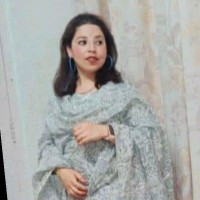
Continuing the achievement of the journey of effectiveness and credibility of more than 10 years in the career of journalism, as a woman journalist, I am Serving as the founder, promoter and editor of DiaryTimes with the trust and support of all. My credible coverage may not have given a big shape to the numbers, but my journey presents articles that make you aware of the exact and meaningful situations of Himachal’s politics, ground issues related to the public, business, tourism and the difficult geographical conditions of the state and financial awareness. DiaryTimes, full of the experience of my precise editorial expertise, is awakening the flame of credible journalism among all of you, so that the eternal flame of meaningful change can be lit in the life of the people of the state and the atrocities being committed against the people can be brought to the fore, I am motivated for that. If even a small change comes with the power of my journalism and the whole world becomes a witness to that issues, then I will consider myself fortunate.

